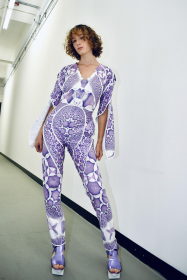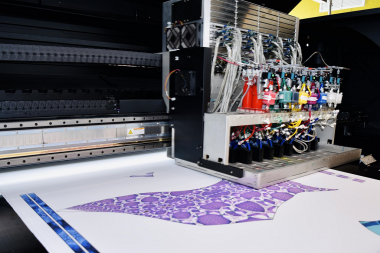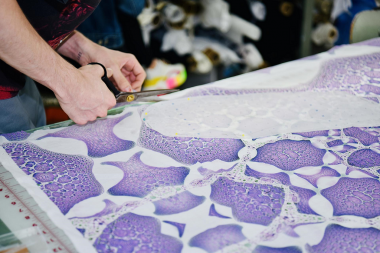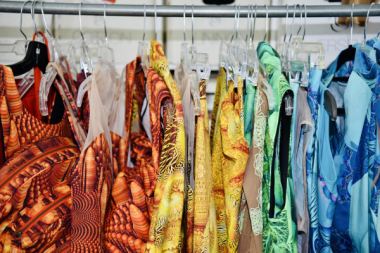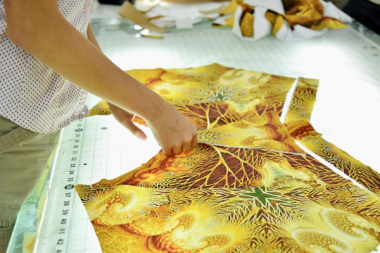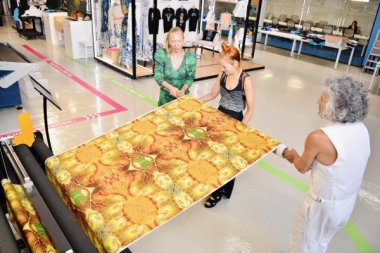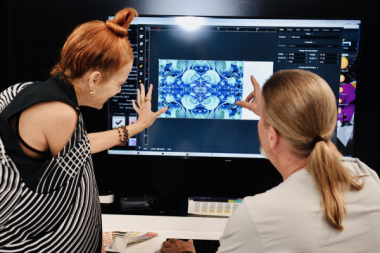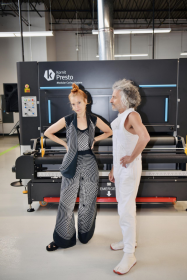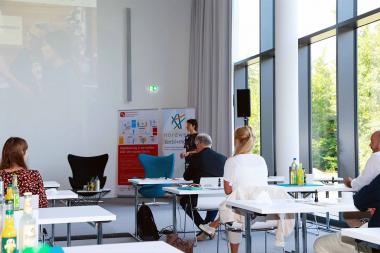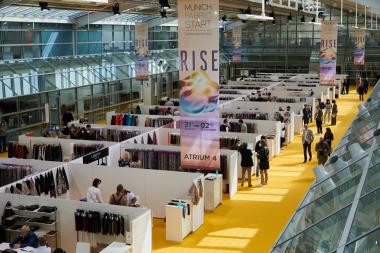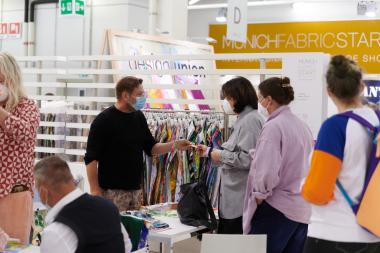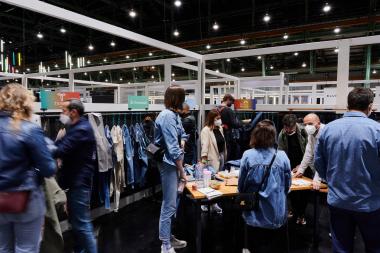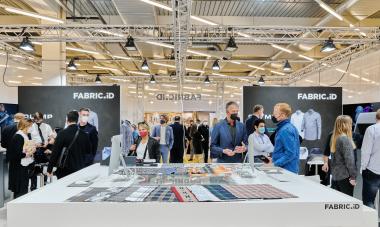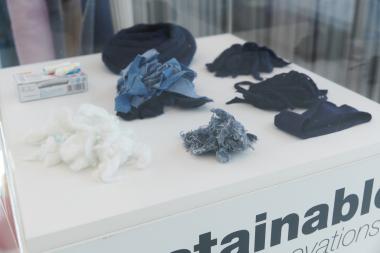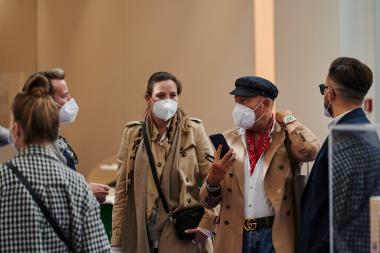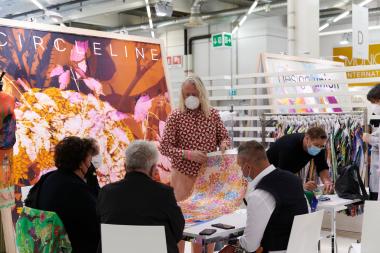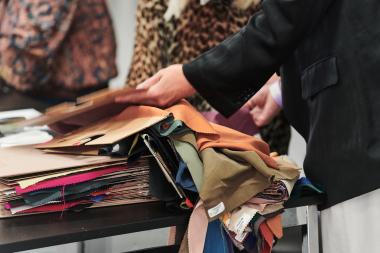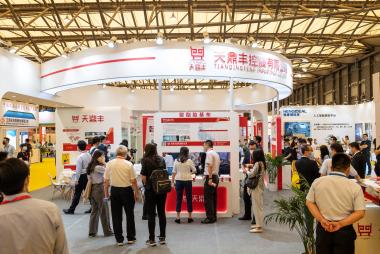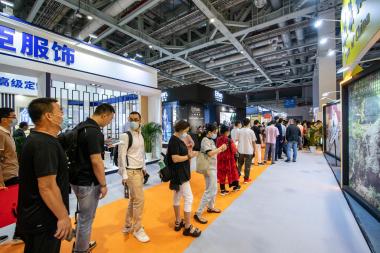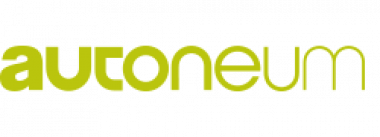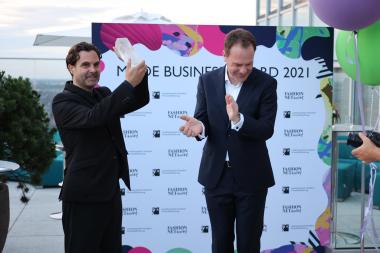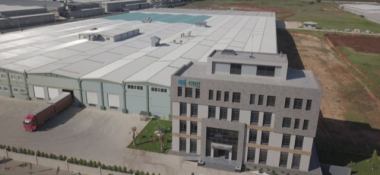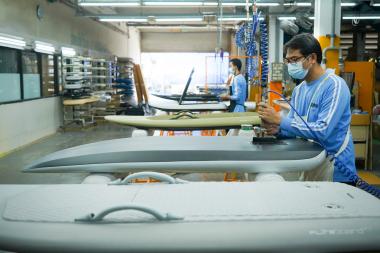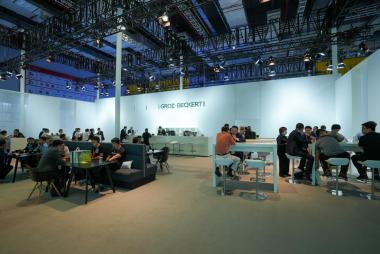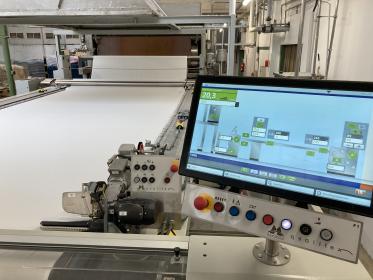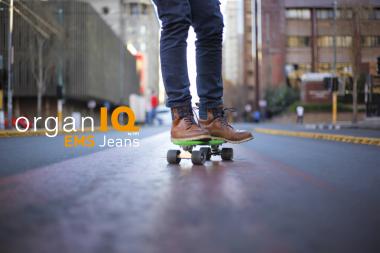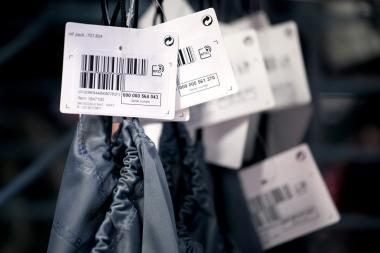Kornit Digital at the New York Fashion Week
- Kornit Digital and threeASFOUR Give Shape to the Future of Fashion and Technology with the KUNDALINI Collection at New York Fashion Week
- Event will showcase how fashion technology transforms creativity and expression, and eliminates wasteful overproduction prominent in the fashion industry
Kornit Digital Ltd. (NASDAQ: KRNT), a worldwide market leader in digital textile production technologies, announced today a collaboration with fashion designers threeASFOUR. The new collection, KUNDALINI, premiered today during New York Fashion Week, demonstrating exceptional capabilities for designers in the fashion industry to express brilliance, creativity, and extraordinary quality by using Kornit’s sustainable, on-demand fashion production technologies.
Founded in 2005, threeASFOUR has built a legacy of fusing cutting-edge technology with traditional craftsmanship to create pieces that are both fashion and art. The intricate designs in the KUNDALINI collection unlock the full value of Kornit’s innovative and cutting-edge technology and showcase the power of the digital-first approach for fashion. The entire collection was produced using Kornit’s revolutionary MAX technology, which offers never-before-seen digital decoration and design capabilities.
Working closely with Kornit, threeASFOUR was able to maintain complete design freedom in accordance with their vision, while producing quickly and significantly eliminating waste. Using Kornit technologies enabled their designers to shrink design cycles to mere days—or even hours in some cases—which is inconceivable in the traditional ways of producing fashion.
“Collaborating with top global designers like threeASFOUR demonstrates that fashion production can be cleaner and more sustainable, while also being efficient and more responsive to inspiration and creativity,” said Ronen Samuel, Kornit Digital Chief Executive Officer. “Following the massive success of Tel Aviv Fashion Week, we are now creating exhibits and partnerships in New York, Los Angeles, London—and other global fashion hubs that need to adopt eco-conscious digital means of production. This collaboration with threeASFOUR is another step on our journey to become the operating system for on-demand sustainable, proximity fashion.”
“We’ve built our brand on pushing boundaries, advancing social progress, and uniting fashion with nature and with self, while experimenting with technological innovations,” said Adi Gil, Creative Director at threeASFOUR. “Our vision for more sustainable and meaningful fashion unites us with Kornit Digital, whose technologies seem to have been designed from the ground up to help us achieve our goals. We’re excited about the infinite design freedom that Kornit on-demand production solutions offer the fashion industry, and how it could help grow our brand and raise our profile and accessibility in the marketplace.”
Kornit Digital’s on-demand production ecosystem uses considerably less water and energy and generates far less greenhouse gas emissions relative to traditional analog production processes. As the cornerstone of an efficient micro-factory production model, Kornit’s technology uses safe and sustainable consumables to enable proximity production, eliminating the logistical waste, vulnerability, and time to market associated with multinational supply chains.
Kornit Digital threeASFOUR Give Shape KUNDALINI Collection New York Fashion Week fashion industry
pr4u press contact


